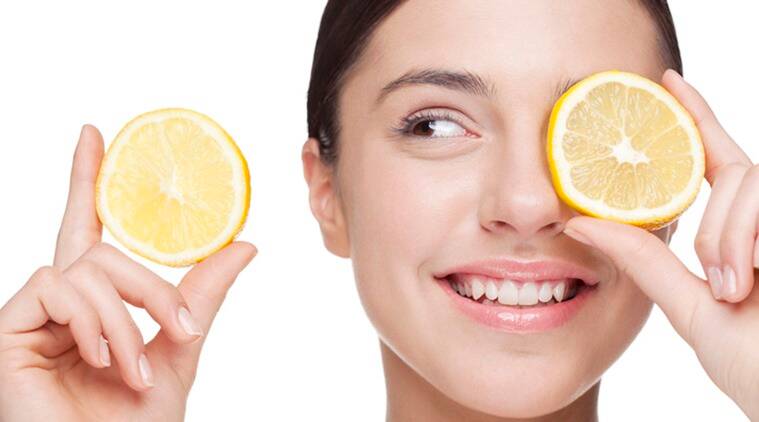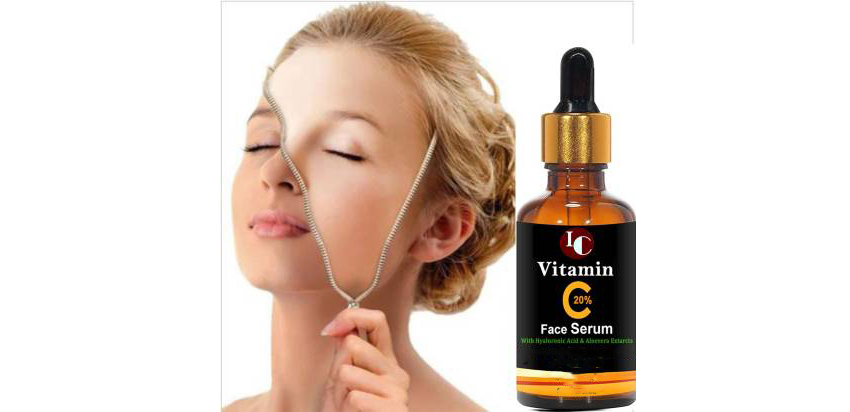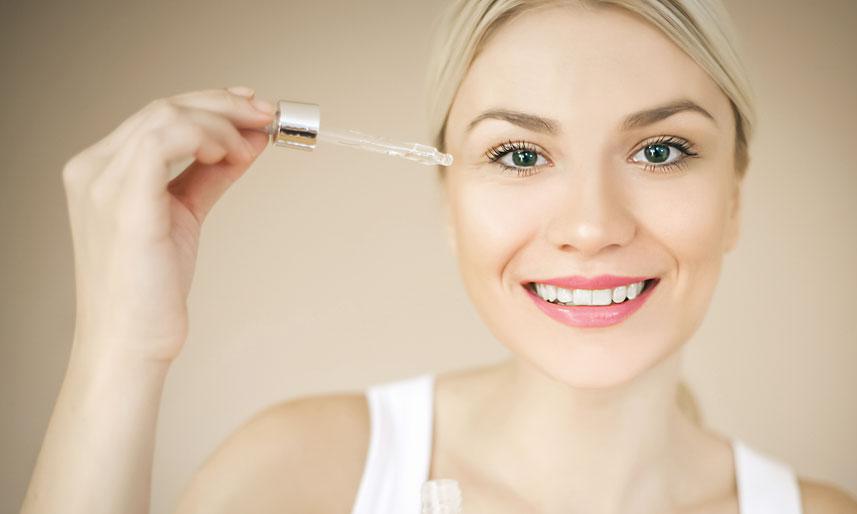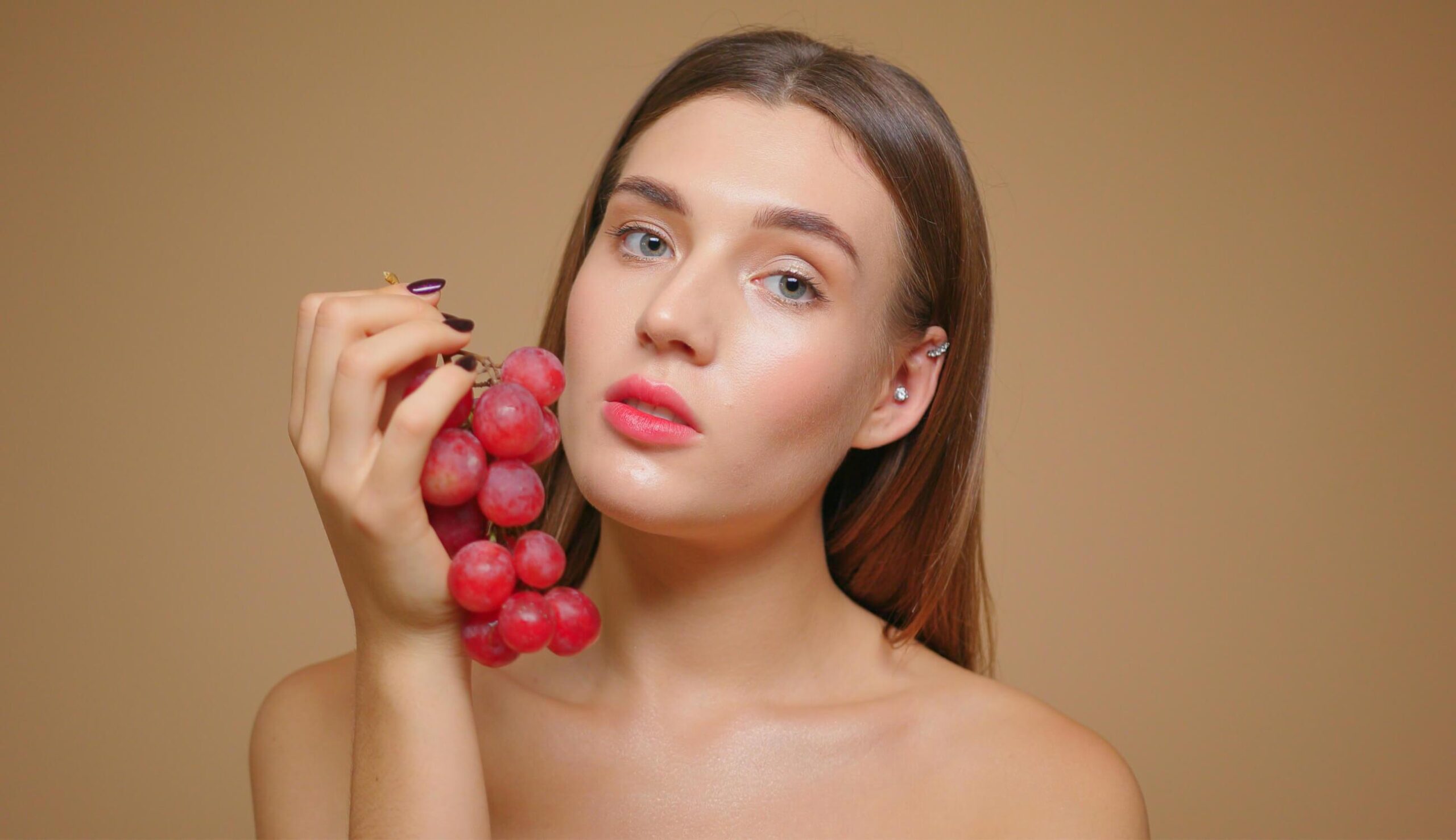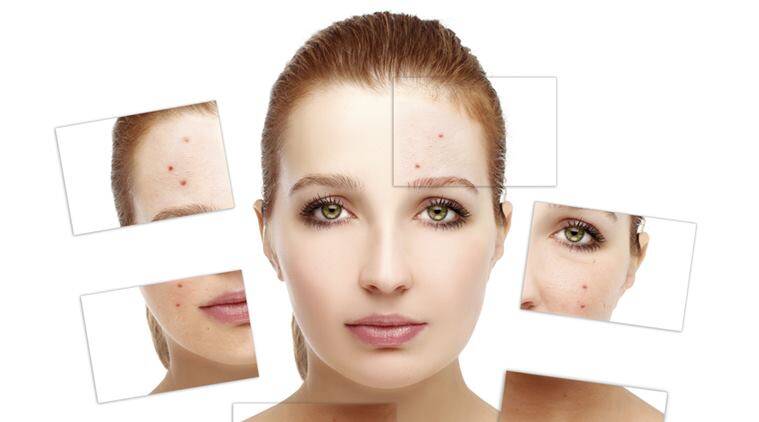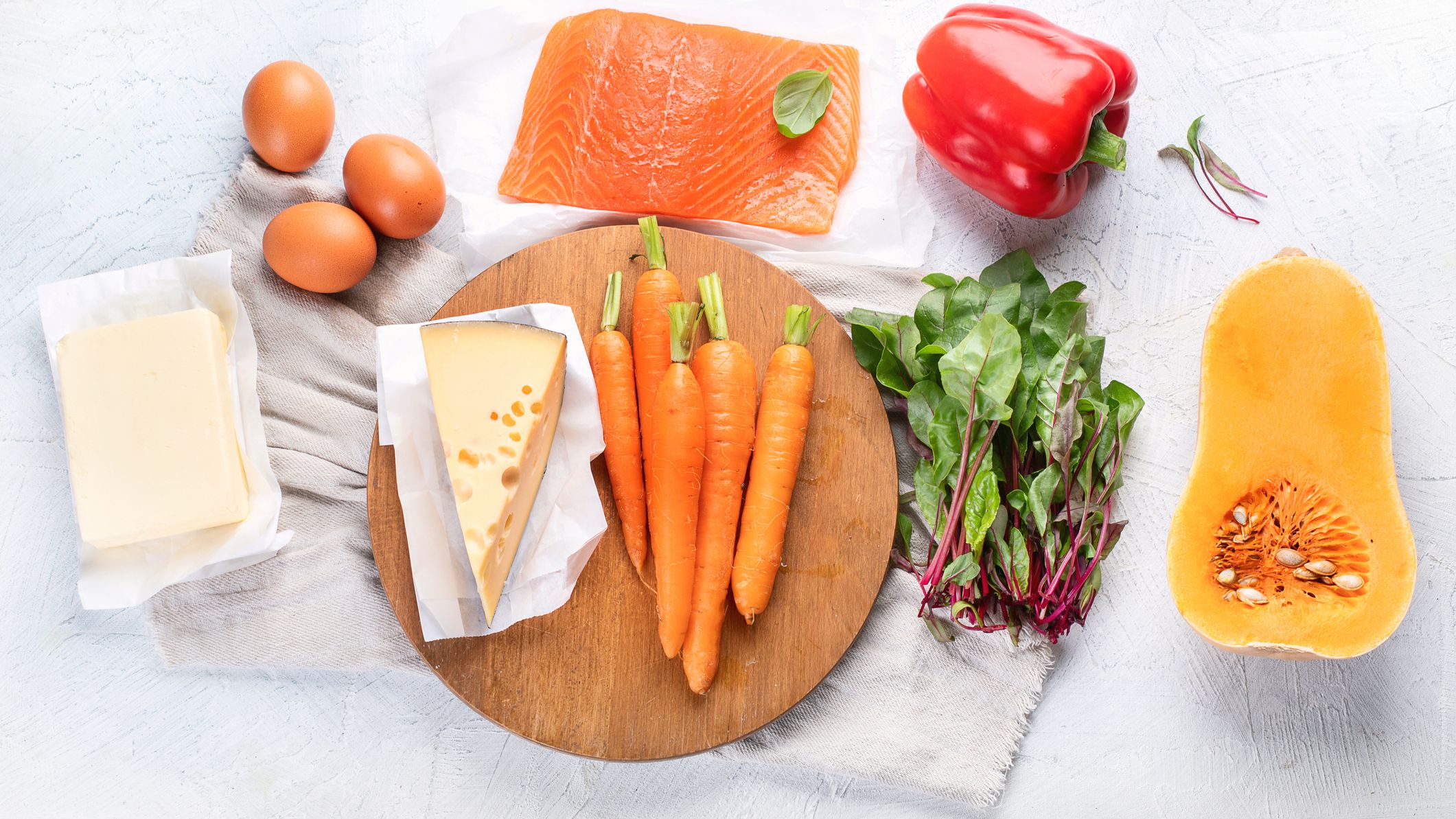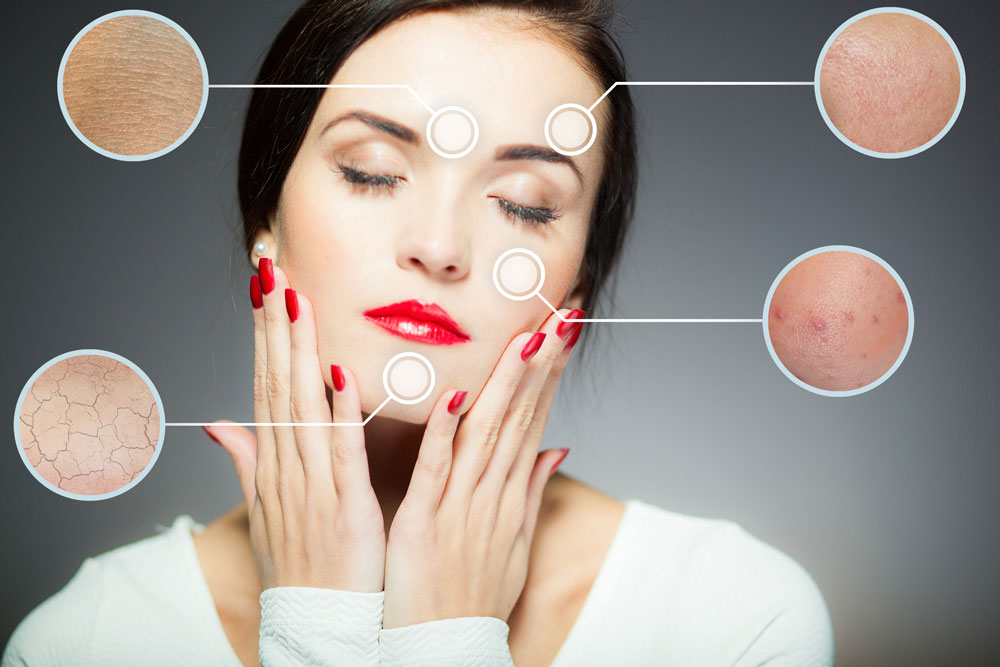Antioxidants exist in a range of shapes and sizes, with some being more potent than others. They can be found in topical skincare treatments that protect cells from UV light, pollution, and other environmental factors that might trigger free radical damage. The following are the most frequent antioxidants according to cosmetologist found in skincare range:
1. Vitamin C
Vitamin C is one of the most studied antioxidants and a cosmetologist’s favourite. As a free radical scavenger, vitamin C offers a number of skin benefits, including promoting collagen synthesis (which tightens skin) and removing dark spots.
To get the most out of its ability to prevent UV damage and hyperpigmentation, apply it first thing in the morning and follow up with sunscreen.
2. Niacinamide
“Vitamin B3, also known as niacinamide, is an antioxidant that improves the texture and tone of the skin. It reduces fine lines, wrinkles, and hyperpigmentation by acting as an anti-inflammatory, “Skincare Specialist says.
Because of its anti-inflammatory qualities, niacinamide can help ease breakouts, improve skin’s barrier function, and reduce redness.
This vitamin is widely used to treat skin issues including rosacea and acne, and it has no known negative effects, making it ideal for people who are sensitive.
3. Resveratrol
 Resveratrol is known as the “longevity molecule” because of its amazing anti-ageing capabilities. Resveratrol, an antioxidant found mostly in the skins of fruits like grapes and berries, works as a plant’s protective shield and has a similar reparative effect when used in skincare products.
Resveratrol is known as the “longevity molecule” because of its amazing anti-ageing capabilities. Resveratrol, an antioxidant found mostly in the skins of fruits like grapes and berries, works as a plant’s protective shield and has a similar reparative effect when used in skincare products.
Resveratrol possesses anti-inflammatory, antibacterial, and antifungal properties that help to calm the skin, slow down the ageing process, and prevent infections. It’s better to apply it in the evening because UV exposure can impair its effectiveness.
4. Retinol is a kind of vitamin A. (Vitamin A)
Retinol is one ingredient that has been found to help ageing skin turn back the clock time and time again. Because of its tiny molecular structure, this antioxidant, which is a derivative of vitamin A, can penetrate deep enough into the skin to stimulate collagen synthesis and speed up cell regeneration and repair.
Retinoids, such as tretinoin and retinol, are helpful for smoothing fine lines and wrinkles, as well as improving skin tone and discolouration.
5. Vitamin E
Vitamin E is an important antioxidant that aids the correct functioning of numerous organs in the body, including the skin. It’s well-known for its ability to hasten the skin’s healing process.
Vitamin E is widely used in moisturisers, creams, and lotions for dry skin, as well as stretch mark treatments. Vitamin E is usually seen in conjunction with vitamin C or resveratrol because it helps to stabilise and improve the efficacy of other antioxidants.
6. Coenzyme Q10
Coenzyme Q10 (CoQ10) helps in the production of energy by mitochondria in your skin cells, allowing them to function better and look younger.
According to a study, it increases antioxidants, combats free radical damage and keeps your skin cells healthy. This vitamin is quickly absorbed by the skin and helps to create collagen, which improves the suppleness and smoothness of the skin.
7. Glutathione
Glutathione is the mother of all antioxidants, ensuring that your skin retains its youthfulness and beauty.
It is recommended that glutathione be consumed safely, whether naturally or as a supplement. which gives the skin its brightness and even tone. Glutathione transforms dark eumelanin into light golden pheomelanin in the skin. As a result, your skin will appear lighter and more radiant.
Glutathione is a detoxifying agent that helps in the treatment of acne, pigmentation, and a variety of other skin conditions, as well as detoxifying toxins that our bodies produce naturally, as well as pollutants and medicines.






